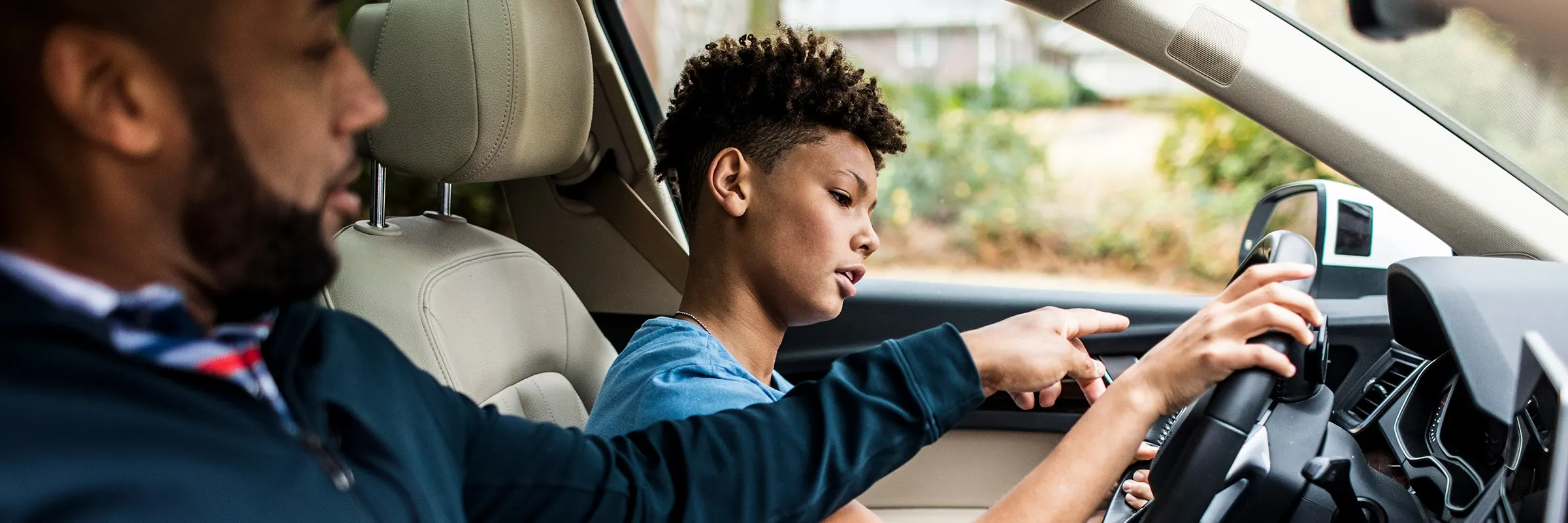Parenting is a marathon, not a sprint. Having the right resources and systems in place can make all the difference in your family’s day-to-day life. Here are 10 things—some tried-and-true, others more surprising—you need to make raising kids a bit easier.
1. A fully stocked first-aid kit
Whether you buy a first-aid kit or make one yourself, having basic medical supplies on hand is a must. From pain relievers to stick-on fever indicators that enable you to check your little one’s fever for up to 48 hours, your kit keeps everything in one place. Some of the other things it should include, according to the American Red Cross, are a first-aid manual, bandages, sterile gauze, antiseptic solution, tweezers, disposable cold packs, non-latex gloves, a splint, elastic bandage, adhesive tape, antibiotic ointment, an antihistamine, calamine lotion and hydrocortisone cream (1%). Make sure to store the kit out of your children’s reach.
2. Tools to teach kids about money
The sooner children learn the value of money, the better. Giving them a weekly allowance and encouraging them to save part of it can help them become financially savvy as they grow up. You may also want to open a savings account or custodial account to set them up for future success.
Read more: Learn more about different money milestones parents can plan for their kids
3. A command center
It’s astounding how many items can pile up in a day—between artwork, permission slips, flyers for book sales and homework, it can be daunting to keep track of important papers. Designating one central spot in your home as a landing/sorting/action area, such as a divided file box on the kitchen counter, can help you stay organized and keep track of anything that requires your immediate attention.
4. A family calendar
Whether it’s parent-teacher meetings, sporting activities, dentist appointments, birthday parties or field trips, a family calendar can help ensure you don’t miss important events. Consider making each family member responsible for updating their own events on the calendar. You can use a dry erase board, a paper calendar or a shared digital calendar— whatever works best for your family.
5. A chore chart
Household tasks can be fun if everyone pitches in. Create a rotating chore chart so that each person takes turns dusting, vacuuming, mopping the floors, emptying the dishwasher, taking out the trash and completing other age-appropriate chores. Research published in the Journal of Developmental & Behavioral Pediatrics showed that children ages four or five who help with small tasks have higher levels of self-confidence. They’ll also love stickers or small treats after each week’s chores are complete.
6. Labels
Not only does labeling clothing and school items cut way back on how often you’ll be digging through that gross lost-and-found bin, but they’re great for helping kids know where things belong at home. Placing handwritten or sticky labels (or pictograms for younger children) on baskets and bins can help make it easier for children to store their toys, books and craft supplies.
7. A storage bin for outgrown clothes
Hand-me-downs can be a great way to save money and reduce waste, but parents can quickly get overwhelmed with piles of clothing. Tip: Practice the “one-in, one-out” rule by keeping a bin in the basement or garage. When your child outgrows something, save it for a younger sibling or donate the items when the box is full. For any new clothes you buy, put an equal amount into the giveaway bin.
8. Tools to childproof your home
Products that help young children stay safe should be a priority once little ones become mobile. Make kid-proofing bathroom and kitchen cabinets and drawers easier with magnetic locks that install with tape, not screws. Pick up a bunch of electrical outlet covers and removable corner guards for sharp-edged tables. Once your little one starts walking, you should also invest in a sturdy baby gate for the top of the stairs to avoid accidental falls.
9. A support network
From new parent groups to fellow soccer moms, you’ll want to build a network of peers that can provide support, encouragement, and laughs. The saying is true: “it takes a village” to raise a family, so lean on your relatives, neighbors and friends. They can help with everything from babysitter resources to sharing wise “been there, survived that” advice about carpooling.
10. A ‘you time’ fund
You’ve heard of a rainy-day fund, but why not use the coins you collect in a jar or bowl for a monthly indulgence–be it a massage or a night bowling with your partner, if you have one. (Funds can be used for your lane and shoe rental and to pay a sitter). Remember, a refreshed parent is a better parent.



